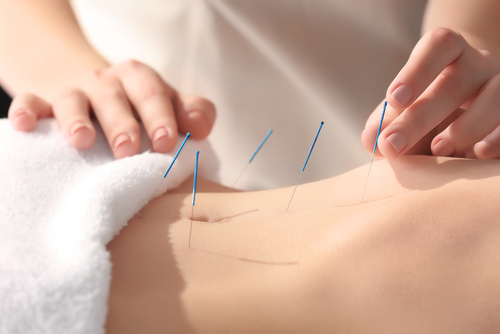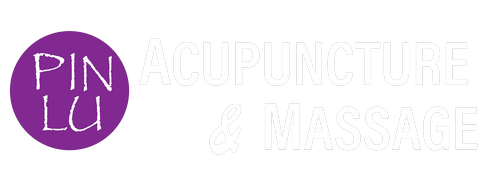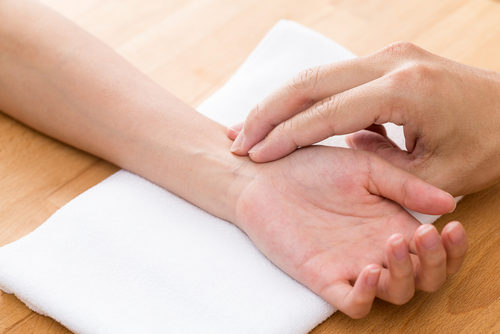In pursuing holistic well-being and effective pain management, many people are turning to alternative therapies that have been effective in providing relief and promoting healing. One such therapy that has gained popularity in recent years is acupuncture. At Pin Lu Acupuncture, we firmly believe in the power of acupuncture to play a pivotal role in pain management and rehabilitation. This blog will explore the unique benefits of acupuncture and how it can positively impact your journey towards a pain-free and healthier life.
Understanding Acupuncture
Acupuncture is an ancient healing practice that inserts thin and sterile needles into points on the body known as acupoints. These acupoints are strategically chosen to stimulate the body’s natural healing mechanisms and restore balance. Acupuncture is based on people’s belief that an energy force called “qi” flows through meridian pathways. When qi is blocked or imbalanced, it can result in pain and illness. Acupuncture aims to unblock these pathways and restore the flow of qi, promoting healing and pain relief.
The Role of Acupuncture in Pain Management
Pain Relief: Acupuncture is renowned for its ability to provide adequate pain relief. It has been used to alleviate various types of pain, including chronic pain, musculoskeletal pain, and neuropathic pain. By stimulating endorphins, the body’s natural painkillers, acupuncture can reduce pain perception and improve overall well-being.
Inflammation Reduction: Acupuncture has been shown to have anti-inflammatory effects. It can help reduce inflammation, which is often a significant contributor to pain and discomfort. By addressing the root cause of inflammation, acupuncture can provide long-lasting relief.
Improved Circulation: Acupuncture promotes better blood circulation, essential for healing. Improved blood flow helps damaged tissues receive the nutrients and oxygen needed to recover, accelerating rehabilitation.
The Role of Acupuncture in Rehabilitation
Injury Recovery: Acupuncture can be a valuable tool in rehabilitating injuries, such as sports-related injuries, sprains, and strains. Targeting specific acupoints can assist in reducing pain, swelling, and muscle tension, allowing for a faster and more efficient recovery.
Post-Surgery Rehabilitation: After surgery, acupuncture can aid in pain management and promote healing. It can help reduce postoperative pain, minimize scar tissue formation, and improve range of motion, making rehabilitation more effective.
Stress Reduction: Rehabilitation can be a mentally and emotionally taxing process. Acupuncture’s ability to promote relaxation and reduce stress plays a significant role in rehabilitation. When the mind is at ease, the body can heal more effectively.
Why Choose Pin Lu Acupuncture
At Pin Lu Acupuncture, we are dedicated to providing personalized and effective acupuncture treatments for pain management and rehabilitation. Our licensed acupuncturists have years of experience and a deep understanding of the principles of traditional Chinese medicine. We take a holistic approach to your well-being, addressing your symptoms and the underlying causes of your pain and discomfort.
Our goal is to empower you to take control of your health and lead a pain-free, fulfilling life. Whether dealing with chronic pain, recovering from an injury, or seeking a natural approach to rehabilitation, we are here to support you on your journey.
Acupuncture’s role in pain management and rehabilitation is undeniable. Its ability to lessen pain, reduce inflammation, and promote healing makes it a valuable addition to your healthcare regimen. If you’re looking for a trusted partner in your quest for a pain-free and healthier life, contact Pin Lu Acupuncture today at (858) 261-8038. Our experienced acupuncturists are ready to help you achieve your wellness goals and embark on lasting relief and rehabilitation.




